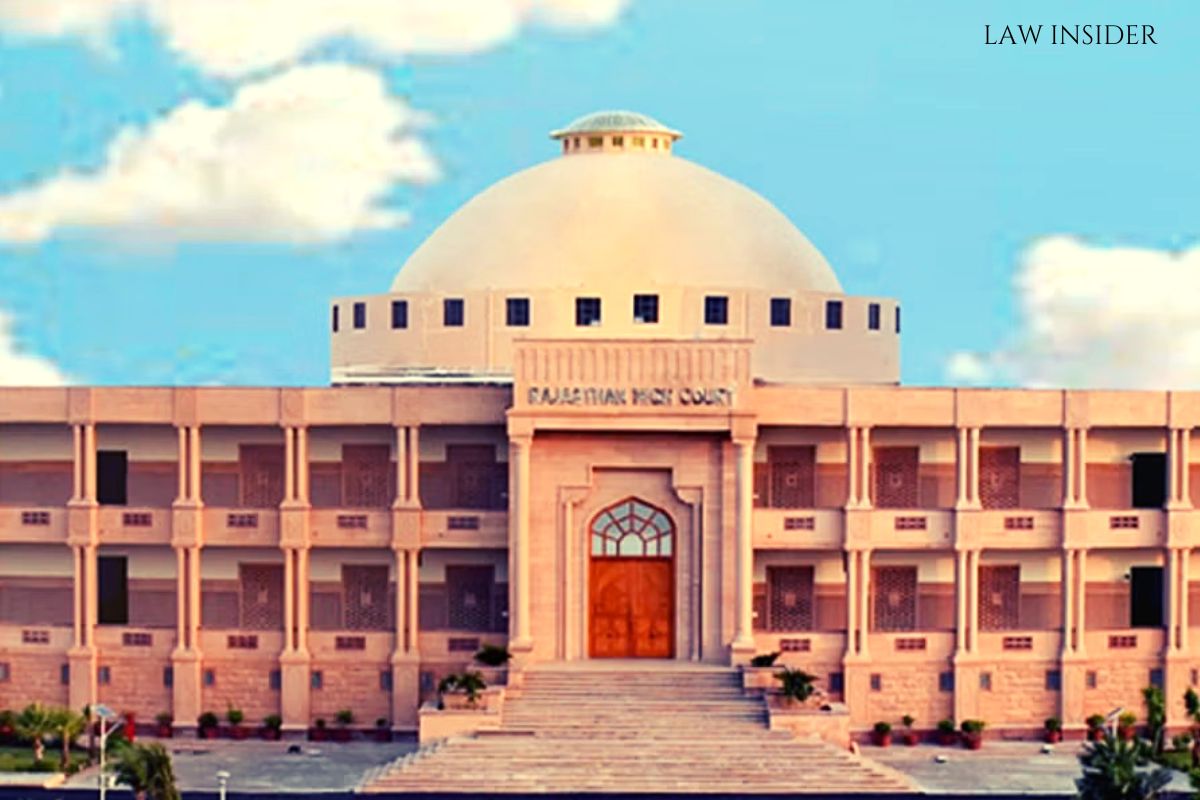LI Network
Published on: 09 September 2023 at 11: 53 IST
The Rajasthan High Court has taken a firm stance against the discriminatory practice of denying women public employment opportunities based on their marital status.
The court emphasized that such actions not only violate fundamental rights enshrined in Articles 14 and 16 of the Constitution of India but also infringe upon a woman’s dignity.
The verdict, delivered by Justice Dinesh Mehta, firmly asserted that the state cannot deprive a woman of job opportunities solely because she has not entered into matrimony.
The court declared that the requirement for a woman to be married is not only unconscionable but also unconstitutional and arbitrary.
This significant judgment arose from a writ petition filed by an unmarried woman who challenged Condition No. 2(A)(ii) in the State Government’s 2016 circular, which pertains to the selection and appointment of Aanganwadi Karyakarta, Mini Karyakarta, and Helper positions. The contentious condition limited applications to unmarried women only.
The petitioner argued before the High Court that the 2019 advertisement issued by the state of Rajasthan, inviting only married women candidates to apply for Aanganwadi Karyakarta positions, was discriminatory as it effectively excluded her from the application process due to her unmarried status.
In defense of the circular’s condition allowing only married women to apply, the state government’s counsel contended that the rationale behind it was to prevent disruptions in Aanganwadi Centers.
The argument was that if a candidate, after being appointed as an Aanganwadi Worker or Helper, got married and relocated to her marital home in a different area, the center’s operations would be adversely affected.
After hearing arguments from both sides, the Court unequivocally ruled that the discrimination faced by unmarried women due to the offending condition in the government’s circular was unjustifiable.
The Court deemed the condition to be illegal, arbitrary, and in direct contradiction to the principles of equality enshrined in the Indian Constitution.
It highlighted that this form of discrimination, where unmarried women were being singled out against married women, was entirely unforeseen by the Constitution’s framers.
The Court raised pertinent questions for the policymakers of the State, such as the scenario where a candidate marries someone from the same village or vicinity, or the possibility of a woman’s husband residing in her parental home.
It underscored that the mere fact of a candidate being unmarried should not be a reason for disqualification.
Consequently, the Court nullified Condition No. (ii) of para No.2(A) of the 2016 Circular and Condition No.1 of the June 2019 advertisement, which required a woman to be unmarried.
The Court firmly rejected the notion that a woman’s marriage would inevitably lead to her relocation to her matrimonial home, stating that this assumption lacked merit and could not justify or protect the discriminatory condition.
The Court, however, left room for the State to take a commitment from unmarried women candidates or amend the Circular to ensure that if a woman, after being engaged in any Anganwadi Center, relocates to an area outside the Aanganwadi Center’s coverage due to marriage or other reasons, her engagement could be terminated.

